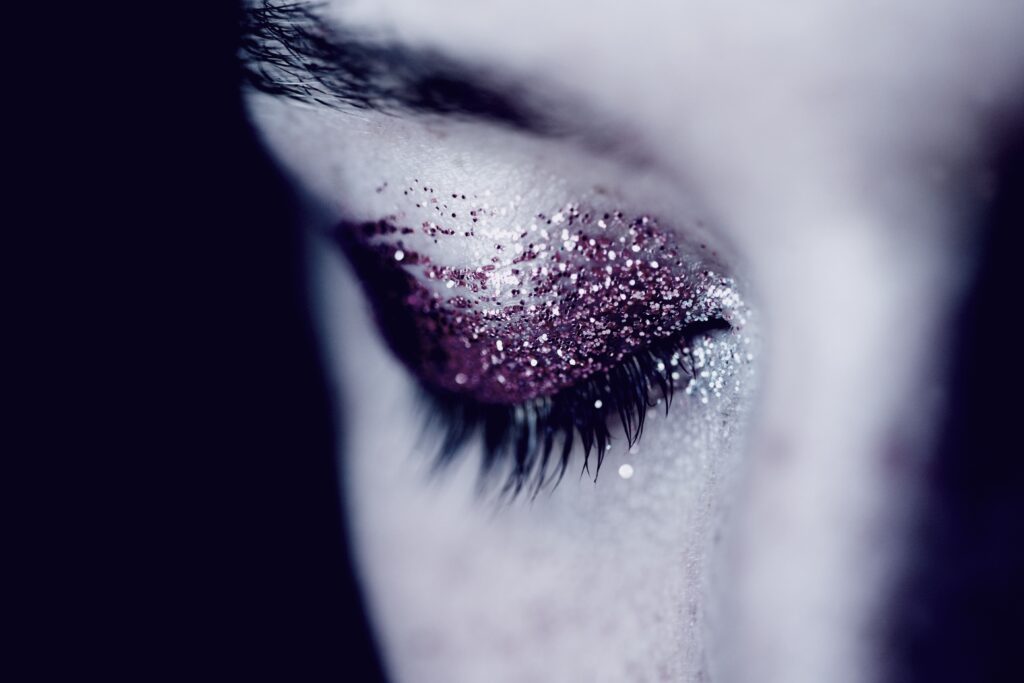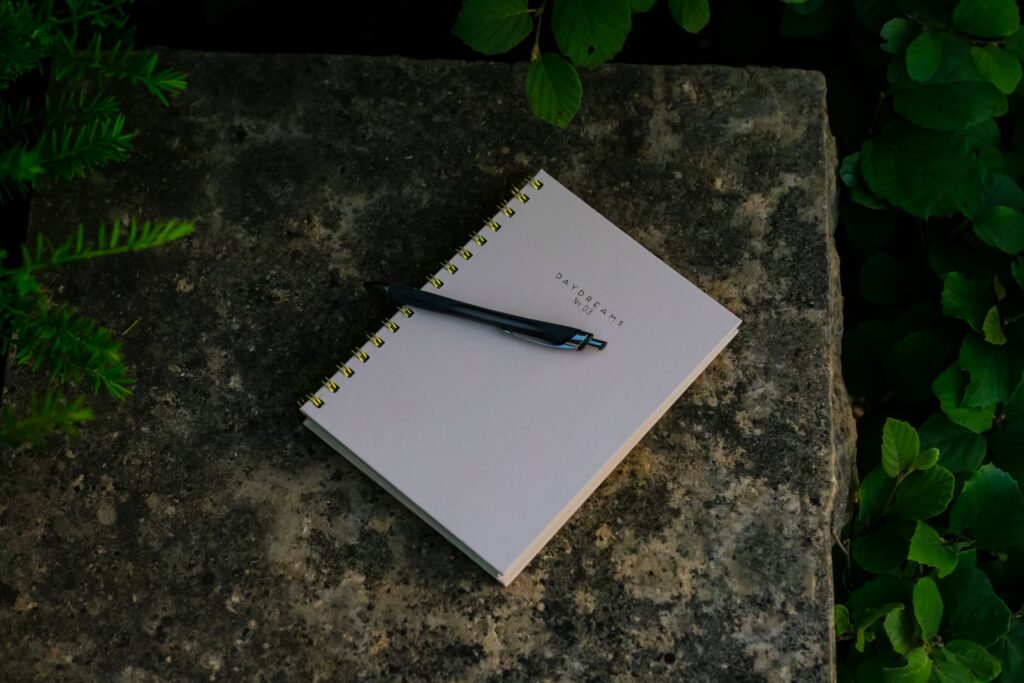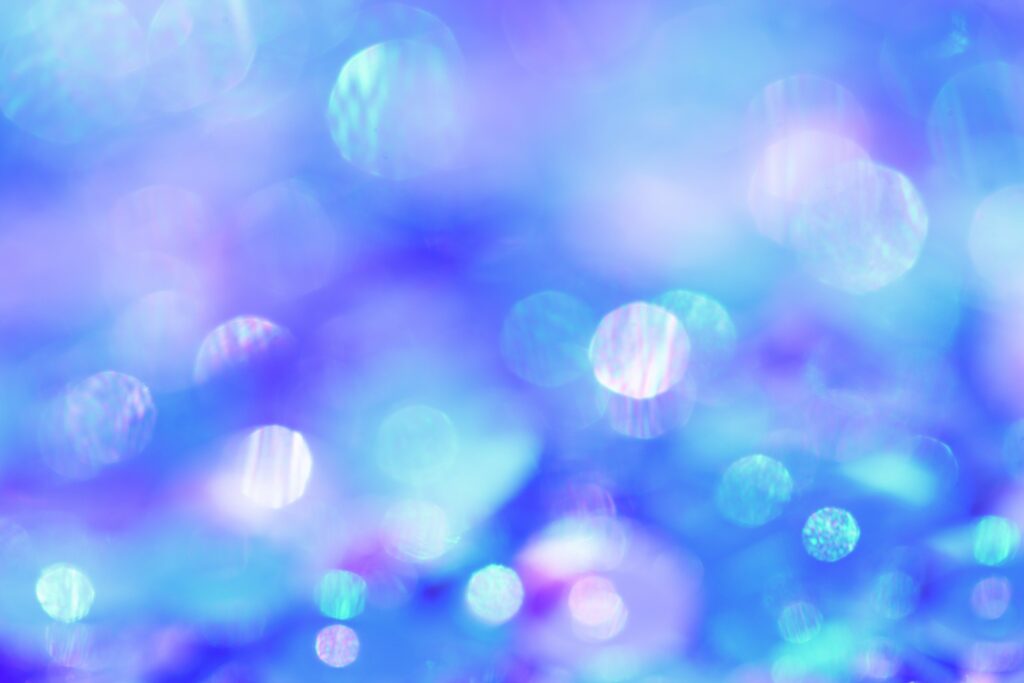The interpretation of dreams is the royal road to a knowledge of the unconscious activities of the mind.’ So said Freud in 1899 as the world was about to tip over into the dream obsessed twentieth century and its many decades of tortured introspection. For years, Freud has been roundly discredited. But it seems that, even if Freud remains unfashionable, his belief in the meaning of dreams is making a return, namely in the form of dream retreats and therapies marketed at our pandemic-addled subconscious. Whilst it was once formerly the duty of the long-suffering spouse to listen to last night’s dream – naked in an exam, driving down the M40 backwards and on fire, giving birth to the wrong child etc. – now you may pay an expert to decode your dreams over the course of a week in a giant sleepover-style laboratory.
What luxury, I thought suspiciously, as I delved into the dream renaissance. Having been brought up to think ‘dream-sharing’ is one of the worst faux-pas you can make, I did not come with an open mind; ‘Oh please, don’t go on’ was the standard response in my childhood household to any public exploration of the subconscious. But we have suffered in these pandemic-years; particularly it turns out, in our dream lives. The pandemic, that great disruptor of all systems from capitalism to companionship, has inevitably taken its toll on our sleep.
I like the dream as it was: strange, uncanny, half-remembered, always just out of reach
Just ask Rubin Naiman, a sleep and dream expert at the University of Arizona and author of Healing Night. According to Naiman, a self-professed ‘secular clergyman’ of our times, we lack dreams rather than sleep. Shorn of routine during lockdown and faced with a never-ending ‘blursday’, we have slept longer but our dreams have suffered. I want to tell Mr Naiman that we have not dreamt because we have had nothing to dream about but I suspect he might tell me that I am not being open to ‘optimal emotional health’.
Other modern-day sages have weighed in. Deirdre Barrett, of the Harvard Medical School, has long studied the effect of catastrophe on the collective unconscious, most notably in the aftermath of 9/11. Her findings, which form part of a broader movement by dream researchers to map the oneiric landscape, point overwhelmingly to the increased vividness of pandemic dreams, which scientists put down to sleep unregulated by the former routines of the office or school. Many of these visions are recorded on Twitter under the hashtag #coronadreams. As you might expect, there are many symbolic visions of giant bugs crawling over our bodies, monsters lurking out of sight, as well as a healthy sprinkling of natural disasters such as tsunamis and earthquakes, metaphorical placeholders for the devastation of our internal lives. But there are others that are just fabulous, pandemic or no pandemic; Celine Dion hosting a party of European diplomats that descends into a brawl, anyone? Michel Barnier coming to inspect your dishwasher filter? Or, Oprah threatening a gym-full of people with a chainsaw?
If you’re too shy to share your dreams online, there are apps that have sprung up since the pandemic. Of these, Awoken promises to help you dream lucidly, prompting you with reminders to journal your dreams at 5am and use ‘totem sounds’ to trigger reality checks between your dream life and your waking life, a la Jung. Binaural Dream is an app that offers a ‘3D stereo sound sensation’ through Rav Drum and deep bass to get you lucidly dreaming. Not for those who share a room, perhaps. Or you could go the whole hog and book yourself into a retreat led by Tree Carr in collaboration with the Psychedelic Society. For a fee, you may join the six-week online course in herbs and dreaming culminating in the ‘online sleepover’. There’s also Marlene Botha, psychotherapist, who runs dream retreats following an official consultation. Her claims are bold – Heal Trauma, Nurture Your Potential, etc. – and frankly who wouldn’t want these things? And yet I do wonder if my somewhat pedestrian dreams would make the grade; too obvious, not clever enough for Marlene. Just your usual monsters hiding in full Hazmat in the larder sort of thing.
The moneyed elite’s present preoccupation with dreams feels different to Freud, more indulgent somehow. Rather than offering up dreams as evidence of the pathologies of everyday life, dream therapists seem very ready to saddle our sleep with the same lifestyle (and consumer) ambitions that we are vulnerable to in our waking hours. It seems that dreams have gone the way of sleep, and been assimilated into the wellness industry, with Gwyneth Paltrow and Arianna Huffington its high priestesses. But I like the dream as it was: strange, uncanny, half-remembered, always just out of reach. Let’s leave it there. And please, don’t tell me about yours.



